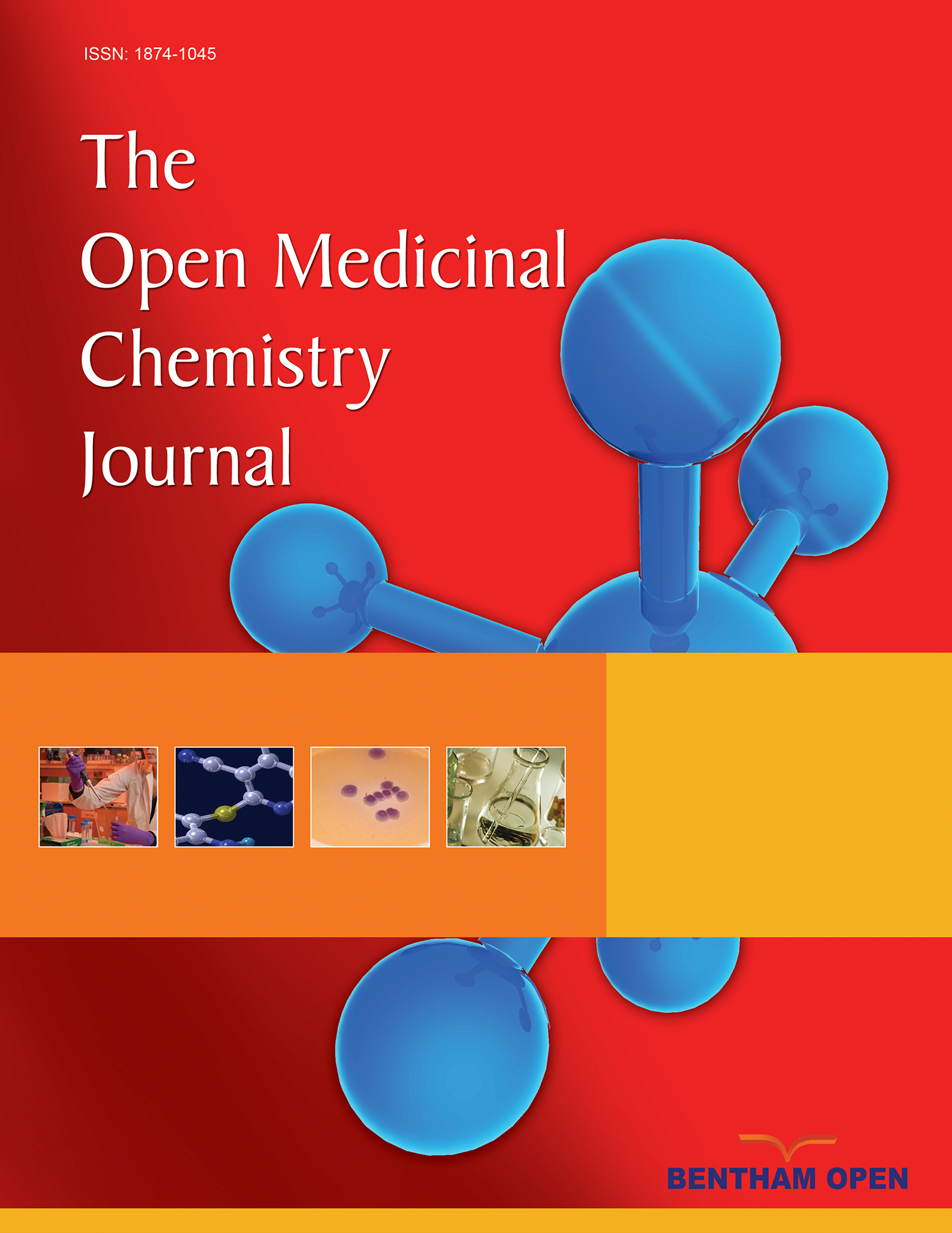All published articles of this journal are available on ScienceDirect.
Antiviral Activity of Benzotriazole Based Derivatives
Abstract
Background:
For the last thirty years, the benzotriazole scaffold has been the object of our group interest and we have already presented some results on the antiviral activity of our compounds.
Objective:
In this article, we conclude the exploration of N-(4-(R-2H-benzo[d][1,2,3]triazol-2-yl)phenyl)-4-R’-benzamides and 1-(4-(R-2H-benzo[d][1,2,3]triazol-2-yl)phenyl)-3-R’-ureas by synthesizing further modified derivatives, in order to have more elements for SARs evaluation.
Methods:
Here, we reported the synthesis and the antiviral screening results of 38 newly synthesized benzotriazole derivatives against a panel of DNA and RNA viruses. We also analyse SARs in comparing these compounds with previously published benzotriazole analogues, taking stock of the situation.
Results:
Among the newly presented derivatives, compounds 17 and 18 were the most active with EC50 6.9 and 5.5 µM, respectively against Coxsackievirus B5 (CV-B5) and 20.5 and 17.5 µM against Poliovirus (Sb-1).
Conclusion:
we can conclude that N-(4-(2H-benzo[d] [1 - 3] triazol-2-yl)phenyl-R-amide is a good chemical scaffold for the development of new antiviral molecules.


